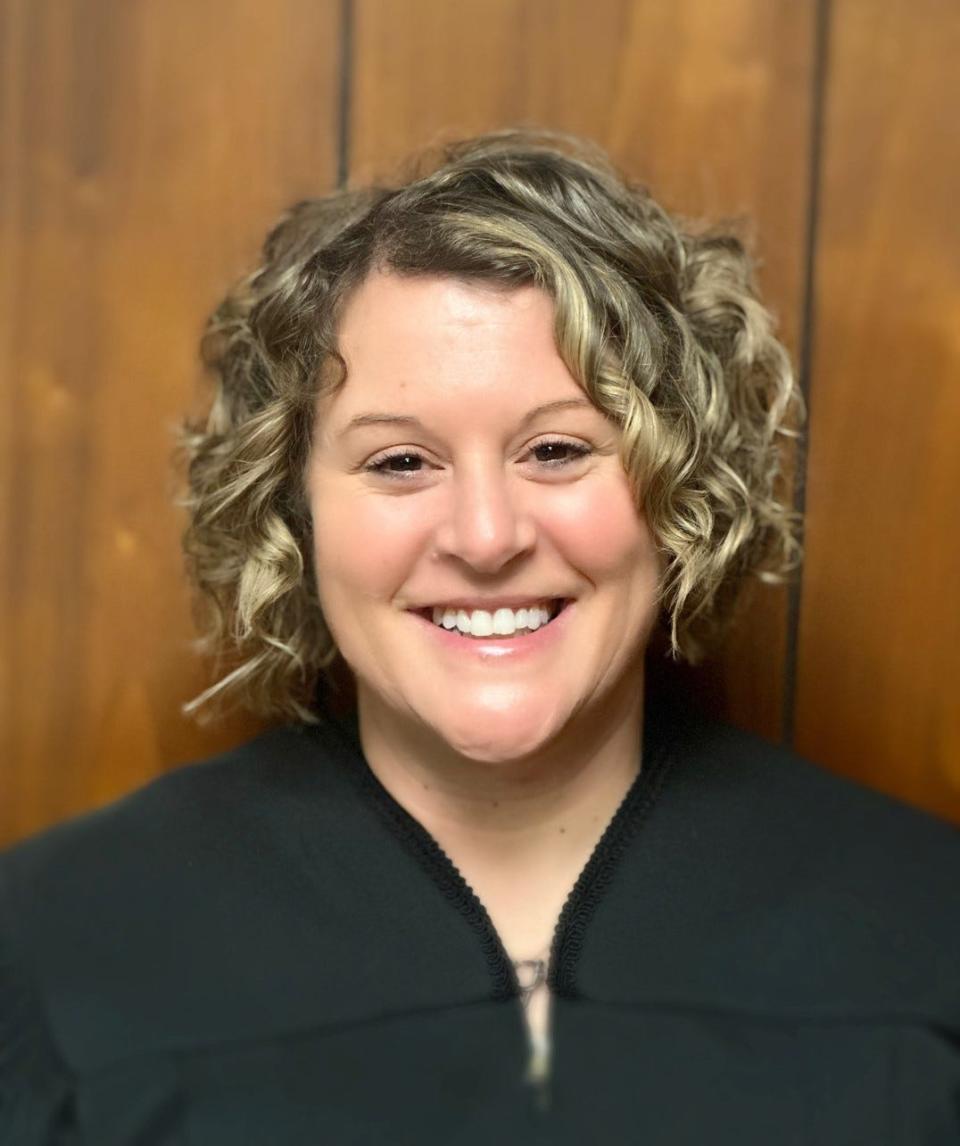Michigan Supreme Court issues problem-solving courts annual report
Tracking the progress and highlighting the success of 207 problem-solving courts across Michigan from Oct.1, 2021, through Sept. 30, 2022, the Michigan Supreme Court has released its 2022 Problem-Solving Courts Annual Report.
Using evidence-based practices to stop the cycle of crime, Michigan problem-solving courts were developed to address the root causes of crime among individuals.
Monroe County has its Veterans Treatment Court and Mental Health Recovery Court which help individuals in the community that are charged with criminal offenses by helping them overcome underlying issues such as substance abuse and mental illness and combat-related post-traumatic stress disorder.
“The Veterans Treatment Court gives veterans that commit nonviolent crimes a second chance to become successful civilians in our community,” said Chief District Judge Michael C. Brown in a written statement. Brown is the presiding judge for the Monroe County Veterans Treatment Court.

“Our community is suffering from a mental health crisis," District Judge Amanda L. Eicher, presiding judge for the Monroe County Mental Health Recovery Court, said in a written statement. "The Mental Health Recovery Court treats the participants’ mental health illnesses and gives them the tools to be successful in society and avoid criminal activity.”
“Problem-solving courts exemplify how we are working to increase public trust and confidence in the judiciary through collaboration and compassion-an overarching goal of our Michigan Judicial Council,” said Justice Kyra H. Bolden, the PSC liaison for the Michigan Supreme Court. “What struck me the most about this report is that these pages are not just filled with numbers and milestones; they are filled with hope and humanity.”
The report included several key findings:
On average, mental health court graduates were nearly two times less likely to commit another crime within three years of admission to a program.
Unemployment among adult mental health court graduates dropped by 81%.
Average 99% improvement in mental health and 95% quality of life improvement.
Graduates of veterans treatment courts were nearly two times less likely to reoffend within three years of admission to a program.
Unemployment dropped by 88% among veterans treatment court graduates.
Michigan remains a national leader with 28 veterans treatment courts
Problem-solving courts focus on providing treatment and intense supervision to offenders as an alternative to incarceration. These include drug and sobriety, mental health, veterans, and other nontraditional courts.
The Michigan Supreme Court, through its State Court Administrative Office, assists trial court judges in the management of these courts by providing training, education, operational standards, monitoring, certification requirements and funding.
This article originally appeared on The Monroe News: Michigan Supreme Court issues problem-solving courts annual report

